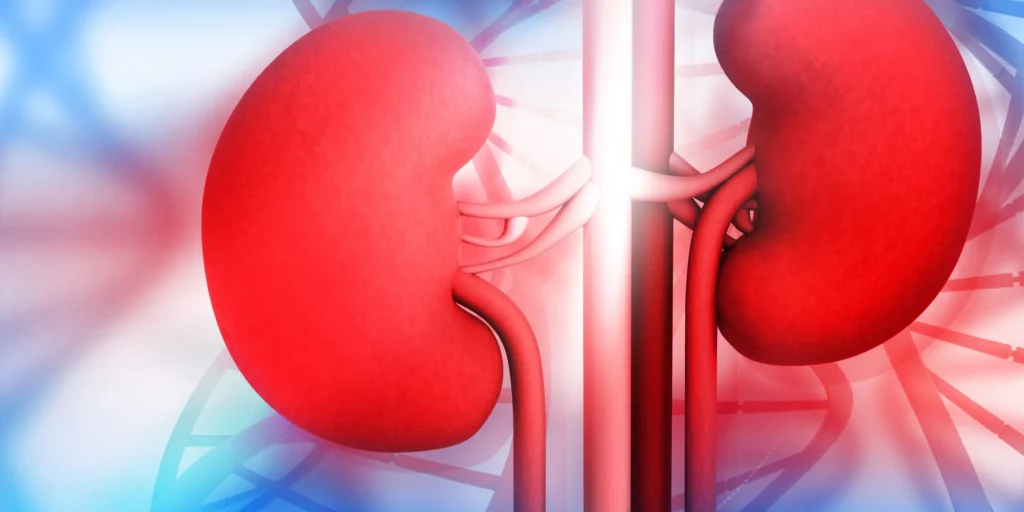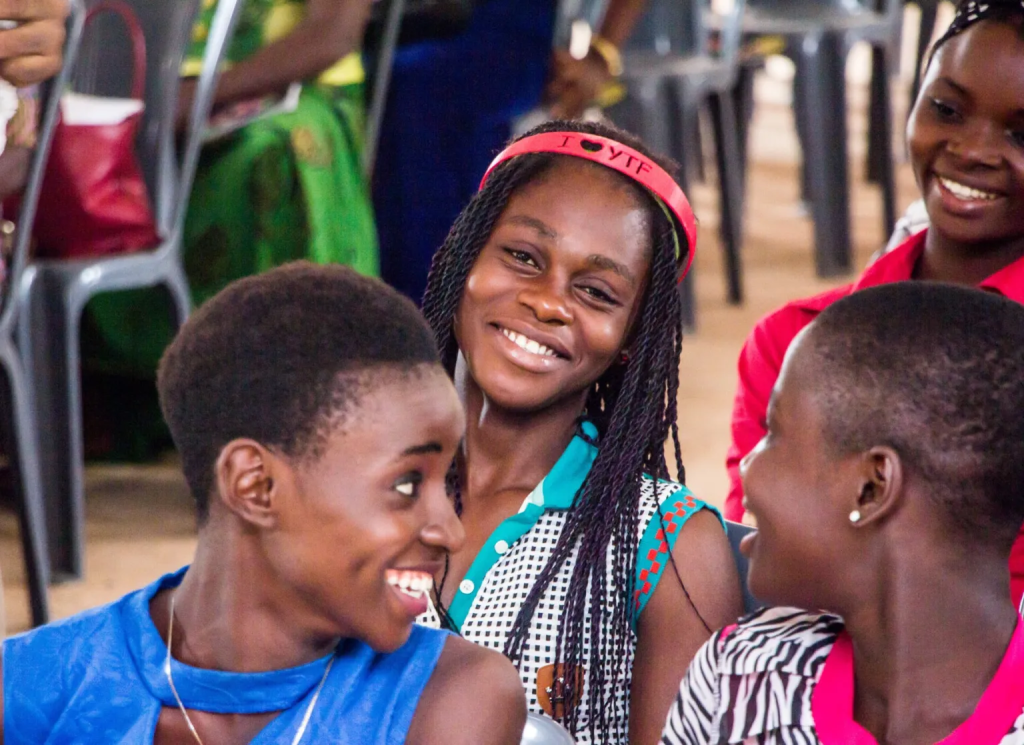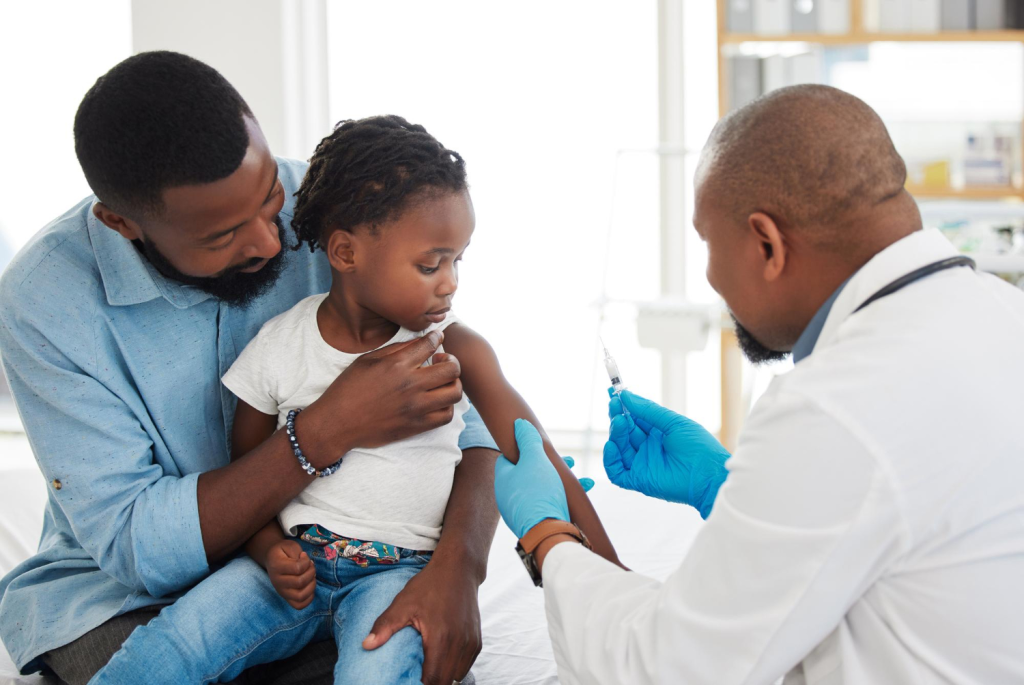Source: Nike Adebowale-Tambe

Human kidney (PHOTO CREDIT: National Kidney Foundation)
In August, the country’s leading DNA testing centre, Smart DNA Nigeria, released its 2025 Annual DNA Testing Report, revealing that DNA testing surged to 13.1 per cent in 2025.
In August, Nigeria’s health sector recorded progress and new interventions alongside persistent challenges. From a sharp drop in poliovirus cases and the validation of a menstrual health policy to subsidised dialysis treatment and a surge in DNA testing, the month highlighted key shifts shaping public health.
Here’s a look at some of the most important health stories in August
The National Primary Health Care Development Agency (NPHCDA) said Nigeria has recorded a 46 per cent decline in the Circulating Vaccine Derived Polio Virus Type 2 (cVDPV2) compared to the previous year.
The Executive Director of NPHCDA, Muyi Aina, said the reported poliovirus cases had declined from 78 per cent recorded last year to 46 per cent as of 27 August.
He also noted progress in high-burden states such as Kano and Katsina, where infections dropped by 85 and 84 per cent, respectively.

Immunization of a child used to illustrate the story. [Photo credit: Lagosmums]
Nigerian govt validates policy on menstrual health, targets stigma-free society by 2030
The Nigerian government has taken a major step toward improving menstrual health and hygiene for women and girls with the validation of its first-ever National Policy on Menstrual Health and Hygiene Management (MHHM).
Speaking at the validation meeting in Abuja, the Minister of Women Affairs and Social Development, Imaan Sulaiman-Ibrahim, described the policy as a decisive step toward building a Nigeria where menstruation does not limit any woman or girl child.
Mrs Sulaiman-Ibrahim said Nigeria has one of the largest populations of women and girls of reproductive and menstrual age in Africa.

Nigerian Girl Child
In August, the country’s leading DNA testing centre, Smart DNA Nigeria, released its 2025 Annual DNA Testing Report, revealing that DNA testing rose to 13.1 per cent in 2025.
The study, analysing data from July 2024 to June 2025, also revealed startling insights into Nigeria’s family dynamics, including persistent paternity uncertainty and the profound impact of emigration on DNA testing demand.
In a statement made available to journalists in Lagos on Sunday, the centre revealed that the paternity exclusion rate remains at 25 per cent as immigration testing surged.
It also noted that one in four paternity tests is still negative.

A father and a child during a medical tests [PHOTO: Freepik]
In August, PREMIUM TIMES had an exclusive interview with Abdulhameed Adediran, Team Lead for Menstrual Health Initiatives at Population Services International (PSI) Nigeria.
Mr Adediran shared insights into the current state of menstrual health, the barriers caused by stigma and cultural taboos, and the role of policy in shaping a more inclusive future for women and girls.
He also talks about the challenges women and girls face in accessing menstrual products and information.

Abdulhameed Adediran, Team Lead for Menstrual Health Initiatives at Population Services International (PSI) Nigeria. [Photo Credit: Nike Adebowale-Tambe]
President Bola Tinubu has approved a reduction in the price of each kidney dialysis session for patients, from N50,000 to N12,000, a spokesperson has said.
The development, which will first commence in 10 public hospitals, will provide relief to thousands of Nigerians battling kidney-related diseases, many of whom cannot pay for dialysis.
The subsidy is being implemented in major federal hospitals across the six geopolitical zones.
Breast milk production is often seen as a sign of motherhood, but when it occurs in women who are not pregnant or nursing a baby, it may indicate an underlying health condition.
Known as galactorrhea, experts say this condition is linked to high levels of prolactin (hyperprolactinemia), a hormone that regulates milk production and could affect a woman’s menstrual cycle, fertility, and overall health if left unchecked.
Speaking with PT Health Watch, Lewis Aituma, a senior resident in Obstetrics and Gynaecology, secretary of the Nigerian Medical Association (NMA), Edo Central Zone, and a member of the West African College of Surgeons, explained that prolactin is one of the body’s essential hormones.
Medical and nutritional experts have advised adults aged 40 and above to exercise moderation in the consumption of cold beverages, citing possible health implications in certain conditions.
The experts noted that while cold drinks are generally safe and hydrating, they could trigger discomfort or worsen symptoms in individuals with underlying medical challenges.
They spoke against the backdrop of the prevailing cold weather occasioned by persistent rainfall and the penchant of many older adults to consume chilled beverages despite the low temperatures.
The word mosquito immediately brings malaria to mind. The insect is notorious for transmitting the parasite that causes the deadly disease, which kills hundreds of thousands every year.
However, mosquitoes are not just about malaria. They are also responsible for spreading several other diseases that have left communities struggling with outbreaks and health emergencies in recent years.
To mark World Mosquito Day, PREMIUM TIMES reviewed the diseases linked to the insect and their impact in Nigeria and beyond.

Malaria Carrier: Mosquito
Nigeria has joined a new $6.4 million international research consortium aimed at accelerating the development of a vaccine against Lassa fever.
The initiative, tagged Unravelling Natural and Vaccine-Elicited Immunity to Lassa fever (UNVEIL), is led by the University of Texas Medical Branch (UTMB), with funding support from CEPI.
Three Nigerian institutions, Jos University Teaching Hospital, Irrua Specialist Teaching Hospital, and Abubakar Tafawa Balewa Teaching Hospital, Bauchi, will serve as frontline clinical sites under the project.
Despite being common and treatable, vaginal infections continue to affect the health and well-being of millions of women in Nigeria.
Many suffer in silence due to a lack of awareness and stigma, while poor hygiene and self-medication further contribute to the widespread neglect of these infections.
Some can lead to infertility, pregnancy complications, and an increased risk of HIV transmission.